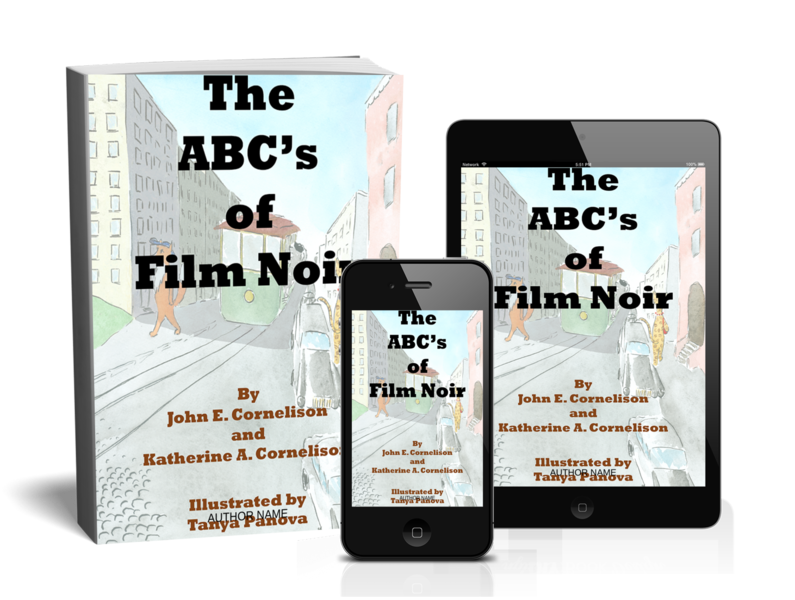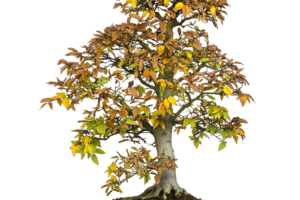YouTube
Top 5 Best Bonsai Fertilizers [Review] - Soul, Plants & Bonsai Liquid Fertilizer [2023]
Bonsai fertilizer is an essential component of bonsai care, as it helps to provide the nutrients that the tree needs to thrive. Just like any other plant, bonsai trees require a balance of nutrients in order to grow and remain healthy. Without proper fertilization, bonsai trees may become stunted, develop yellowing leaves, or experience other signs of nutrient deficiency.
There are several different types of bonsai fertilizers available, each with its own unique set of nutrients and application instructions. Some common types of bonsai fertilizers include organic fertilizers, chemical fertilizers, and slow-release fertilizers.
Organic fertilizers are derived from natural sources such as animal manure, bone meal, and blood meal. These fertilizers are generally considered to be more environmentally friendly than chemical fertilizers, and they can help to improve the soil structure and promote healthy root growth. However, organic fertilizers may not provide as many nutrients as chemical fertilizers, and they may need to be applied more frequently.
Chemical fertilizers are synthetic fertilizers that are formulated to provide a specific balance of nutrients. These fertilizers are often more concentrated and faster-acting than organic fertilizers, and they can be an effective option for bonsai trees that are experiencing nutrient deficiencies. However, chemical fertilizers can also have negative impacts on the environment if they are not used properly, and they may need to be applied more frequently in order to provide adequate nutrition for the tree.
Slow-release fertilizers are a type of fertilizer that releases nutrients over an extended period of time, rather than all at once. These fertilizers are typically applied less frequently than other types of fertilizers, and they can be a convenient option for bonsai growers who do not have time to fertilize their trees on a regular basis. Slow-release fertilizers may be organic or chemical, and they can be an effective option for providing a consistent supply of nutrients to the tree.
In addition to the type of fertilizer, it is also important to consider the timing and frequency of fertilization. Bonsai trees typically require more frequent fertilization than larger trees, as they are growing in a smaller container and may not have access to as many nutrients. The specific fertilization schedule will depend on the type of bonsai tree, the type of fertilizer being used, and the growing conditions. It is generally recommended to fertilize bonsai trees every two to four weeks during the growing season, and to reduce the frequency of fertilization during the winter months.
Overall, bonsai fertilizers are an essential component of bonsai care, and they can help to ensure that the tree receives the nutrients it needs to thrive. By carefully selecting the right type of fertilizer and following the appropriate fertilization schedule, bonsai growers can help to promote healthy growth and beautiful, well-balanced bonsai trees.







Leave a Reply
Your email is safe with us.
You must be logged in to post a comment.